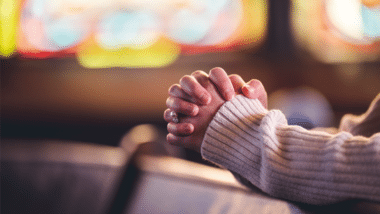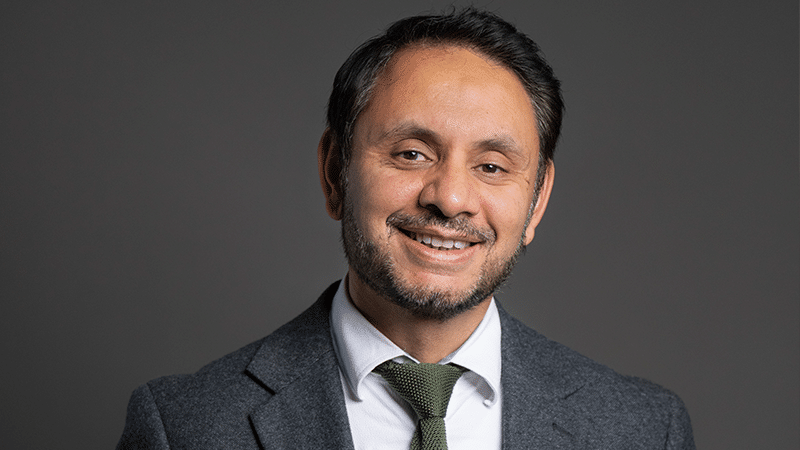Muslim MP Shockat Adam has defended the use of Christian prayers before each sitting of the House of Commons.
Opposing an Early Day Motion (EDM) urging Parliament to abandon the historic practice, the Independent member for Leicester South told the Mail on Sunday such prayers were “part of our Christian heritage and Parliament’s traditions”.
Parliamentary prayers are thought to have been first introduced in 1558. Prayers follow the Christian faith and attendance is voluntary.
Christian heritage
The proposal backed by MPs from Labour, the Green Party, the SNP and Liberal Democrats, claims that “religious worship should not play any part in the formal business of the House of Commons” and urges the Modernisation Committee “to consider alternative arrangements”.
But Shockat Adam responded: “They’re not compulsory, so MPs have a choice whether to attend or not. So I see no reason for them not to continue”.
By attracting the signatures of other MPs, they can be used to demonstrate the level of parliamentary support for a particular cause or point of view.
parliament.uk
The EDM received just nine signatures, while the previous attempt to abolish prayers in 2019 received just 15 signatures.
Ignorance
Last month, veteran MP Sir John Hayes said it was important to begin each sitting of the House of Commons with prayer to afford MPs time for quiet reflection, and in recognition of the UK’s Christian heritage.
Sir John contended: “Whether you believe in the divine or not, it’s important to recognise our country is rooted in the Christian traditions. Prayers are a reminder of that.”
He warned that some among the new intake of MPs “either because of ignorance or hostility, don’t understand the point about the need for a period of contemplative time or the Christian tradition on which our country’s system of ethics and laws are founded”.
He added: “There’s a certain sort of arrogance associated with people who arrive somewhere and want to change everything before they really understand it.”
Secularist attack
The National Secular Society, which is running the campaign to axe Parliamentary prayers, recently claimed that the centuries’ old tradition was an ‘imposition’ of “religious rituals on those who don’t share your faith”.
The organisation made similar claims in 2019, when it attempted to have prayers removed from meetings of Denbighshire Council in Wales. Despite the pressure, the Council refused to remove the prayers.

Ann Widdecombe: ‘Christian politicians shouldn’t have to leave faith at the door’
PM thanks churches for bringing ‘hope and light’ to communities

